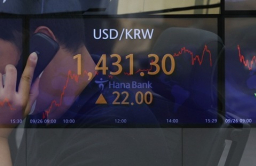-
KOSPI 2764.38 +65.41 +2.42%
-
KOSDAQ 748.90 +8.61 +1.16%
-
KOSPI200 369.10 +9.41 +2.62%
-
USD/KRW 1376 -1.00 0.07%
Higher costs, weaker won put Korean firms’ investments on hold
Corporate investment
Higher costs, weaker won put Korean firms’ investments on hold
Hyundai Oilbank says it is withdrawing a $253 million project to build a crude refining facility, citing uncertainty
By
Sep 27, 2022 (Gmt+09:00)
3
Min read
News+
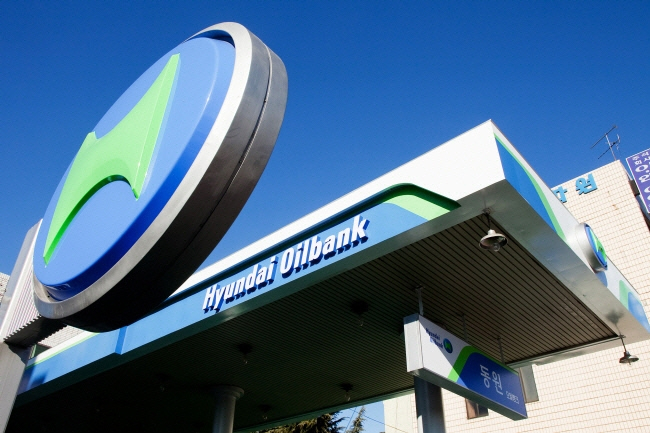
Rising borrowing costs coupled with the weakening local currency are forcing an increasing number of South Korean companies to withdraw or halt their planned facility investments, boding ill for their sustainable growth.
With the nation's business sentiment index (BSI), a key barometer measuring domestic companies’ business outlook, falling month after month, the Korean economy could go from bad to worse, analysts said.
Hyundai Oilbank Co., a local refiner backed by Saudi Aramco, said on Tuesday it will discontinue its 360 billion won ($253 million) project to build crude refining facilities.
The refiner, a unit of HD Hyundai Co., formerly known as Hyundai Heavy Industries Holdings Co., earlier said it plans to build a crude distillation unit (CDU) and a vacuum distillation unit (VDU), a secondary processing unit, at its Daesan petrochemical complex in Seosan, 130 km southwest of Seoul.
The company announced the investment in 2019, but the construction of the facility was halted in 2020 due to the outbreak of the COVID-19 pandemic.
“With raw material prices and labor costs soaring, we have no other choice but to give up,” said a company official.
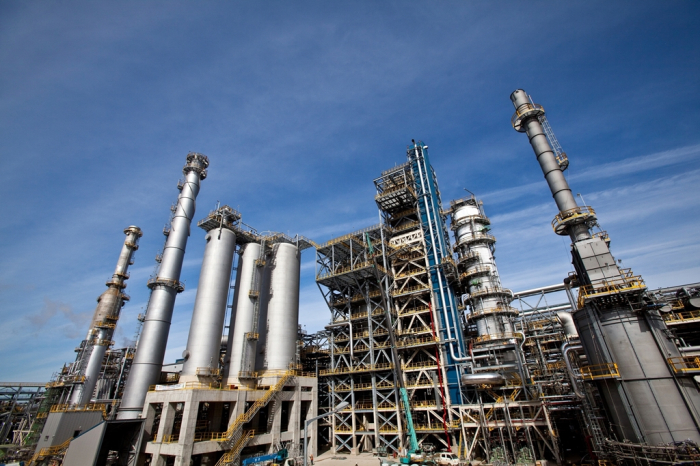
Hanwha Solutions Corp, the energy services unit of Hanwha Group, said earlier this month it will not proceed with its project to build a 160 billion won factory to produce a raw material called DNT.
DNT, a nitric acid induction product, is a polyurethane raw material used in furniture interior materials and car seats.
“We can’t even secure raw materials due to the Russia-Ukraine war,” said a company official.
In July, SK Hynix Inc., the world’s second-largest memory chipmaker, said it is holding off on a 4.3 trillion won plan to build a new NAND chip factory, M17, amid growing global uncertainty and falling chip prices.
While reversing its investment plan, company executives raised concerns over the rising inflation, which is putting the chill on demand for electronics goods, which widely use semiconductors.
SK Hynix is one of the chipmakers that are rethinking their expansion plans for next year due to rising uncertainty over dwindling demand for chips that go into everything from smartphones to servers.
THE FINANCIAL SECTOR ALSO BLEEDING
Higher borrowing costs in the wake of the competitive interest rate hikes by central banks around the world are hurting not just the manufacturing sector but also financial companies.
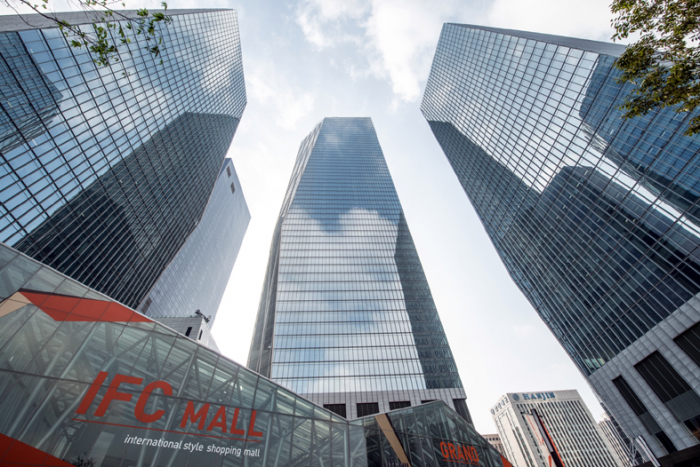
Mirae Asset Global Investments Co., citing surging interest rates, said on Monday it has dropped its 4.1 trillion won deal to buy the International Finance Center in Seoul from Canada’s Brookfield Asset Management Inc.
Analysts said companies across various industries are suffering from higher interest rates, the won’s fast fall versus the greenback and rising inflation.
Industry data showed the benchmark three-year corporate bond yield rose to this year’s high of 5.528% on Monday – up threefold from 1.79% in mid-August of last year.
The soaring value of the dollar and the weakening won are also pushing raw material prices higher, forcing chipmakers and other manufacturers to rethink their expansion plans.
On Monday, the Korean won closed at 1, 431.3 per dollar in the local currency market after hitting the lowest intraday level since March 16, 2009. The won clawed back to 1,421.5 on Tuesday but is still the worst performer among emerging Asian currencies after falling nearly 17% against the dollar so far this year.
According to the Federation of Korean Industries (FKI), its October BSI stood at 89.6, down from 95.8 in September.
The index measures corporate prospects for business conditions the following month. A reading below 100 means pessimists outnumber optimists.
Write to Ik-Hwan Kim at lovepen@hankyung.com
In-Soo Nam edited this article.
More To Read
-
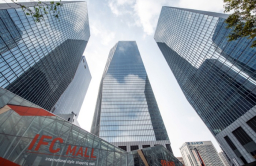 Mergers & AcquisitionsMirae Asset ends $3 bn IFC deal with Brookfield, seeks deposit refund
Mergers & AcquisitionsMirae Asset ends $3 bn IFC deal with Brookfield, seeks deposit refundSep 26, 2022 (Gmt+09:00)
-
Sep 26, 2022 (Gmt+09:00)
-
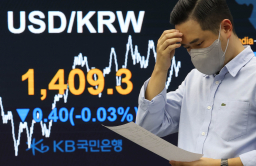 Corporate strategyWeaker won offers no leg up for Korean exporters
Corporate strategyWeaker won offers no leg up for Korean exportersSep 23, 2022 (Gmt+09:00)
-
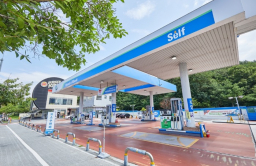 Carbon neutralityHyundai Oilbank, Lotte Confectionery tie up for biodiesel business
Carbon neutralityHyundai Oilbank, Lotte Confectionery tie up for biodiesel businessAug 02, 2022 (Gmt+09:00)


